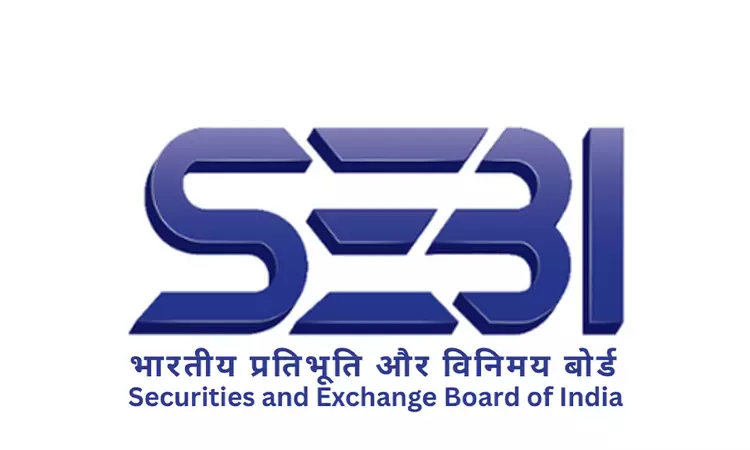SEBI Extends Pre-Open Call Auction Session To 60 Minutes To Curb IPO Pricing Manipulation
Rajesh Kumar
24 Jun 2024 2:15 PM IST

Next Story
24 Jun 2024 2:15 PM IST
The Securities and Exchange Board of India (Sebi) has introduced modifications to the call auction session conducted during the pre-open period on stock exchanges. Effective from the 90th day after the issuance of the circular dated June 20, 2024, the new framework extends the duration of the pre-open call auction session to 60 minutes, commencing at 9:00 a.m. This session is crucial...
